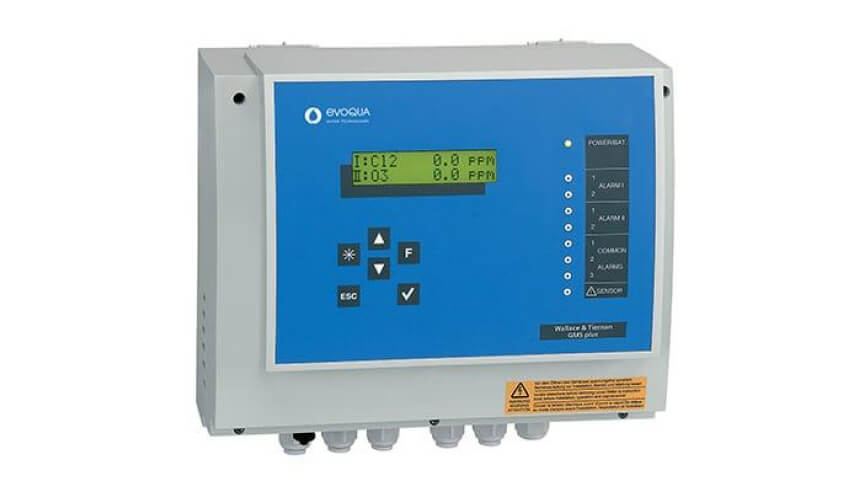Recent Posts
Air Chlorine Analyzers in Handling Chlorine Gas

The Importance of Air Chlorine Analyzers in Handling Chlorine Gas from Cylinders and Containers
Chlorine gas, widely used in various industrial applications, poses significant risks to both human health and the environment. When handled improperly, it can lead to severe accidents, including respiratory problems for personnel and environmental contamination. To mitigate these risks, air chlorine analyzers play a crucial role in monitoring chlorine levels and ensuring safe operations when dealing with chlorine gas from cylinders and containers.
Protecting Personnel
Chlorine gas is highly toxic, even at low concentrations. Exposure can cause respiratory distress, eye irritation, and other serious health issues. In industrial settings where chlorine is stored or used, such as water treatment facilities, chemical plants, and manufacturing processes, the presence of chlorine gas must be carefully monitored to protect personnel.
Air chlorine analyzers are essential tools in these environments. They continuously monitor the concentration of chlorine in the air, providing real-time data. If chlorine levels exceed safe thresholds, these analyzers trigger alarms, allowing for immediate evacuation or remedial action. This early detection is vital in preventing harmful exposure and ensuring the safety of workers.
In addition to real-time monitoring, air chlorine analyzers can be integrated into safety systems that automatically shut down processes or activate ventilation systems to disperse gas accumulations. This integration further enhances the protective measures for personnel, ensuring that even in the event of a leak, the risk to human health is minimized.
Preventing Environmental Accidents
Chlorine is not only hazardous to humans but also to the environment. Accidental releases of chlorine gas can contaminate air, water, and soil, leading to long-term ecological damage. For example, chlorine can react with organic matter in water bodies, forming harmful by-products that affect aquatic life and water quality.
By using air chlorine analyzers, industries can monitor for leaks or accidental releases before they cause significant environmental harm. These analyzers provide crucial data that helps in the early detection of leaks, allowing for quick containment and mitigation efforts. Moreover, they support regulatory compliance by ensuring that chlorine emissions are within permissible limits, thus preventing environmental violations and associated penalties.
Enhancing Operational Safety and Compliance
In addition to protecting personnel and the environment, air chlorine analyzers are important for maintaining operational safety and compliance with safety regulations. Many industries are required by law to monitor chlorine levels and ensure that they do not exceed certain thresholds. Non-compliance can result in fines, shutdowns, and damage to a company’s reputation.
Regular monitoring with air chlorine analyzers ensures that chlorine concentrations are kept within safe limits, contributing to a safer working environment and reducing the risk of accidents. These devices can also provide data for incident investigations, helping to identify the root cause of any chlorine release and preventing future occurrences.
Conclusion
Air chlorine analyzers are indispensable in industries where chlorine gas is stored or used. They play a vital role in protecting personnel from the toxic effects of chlorine exposure and preventing environmental accidents that could have long-lasting impacts. By ensuring continuous monitoring and early detection, these analyzers contribute to safer industrial operations, regulatory compliance, and the overall well-being of both workers and the environment.
